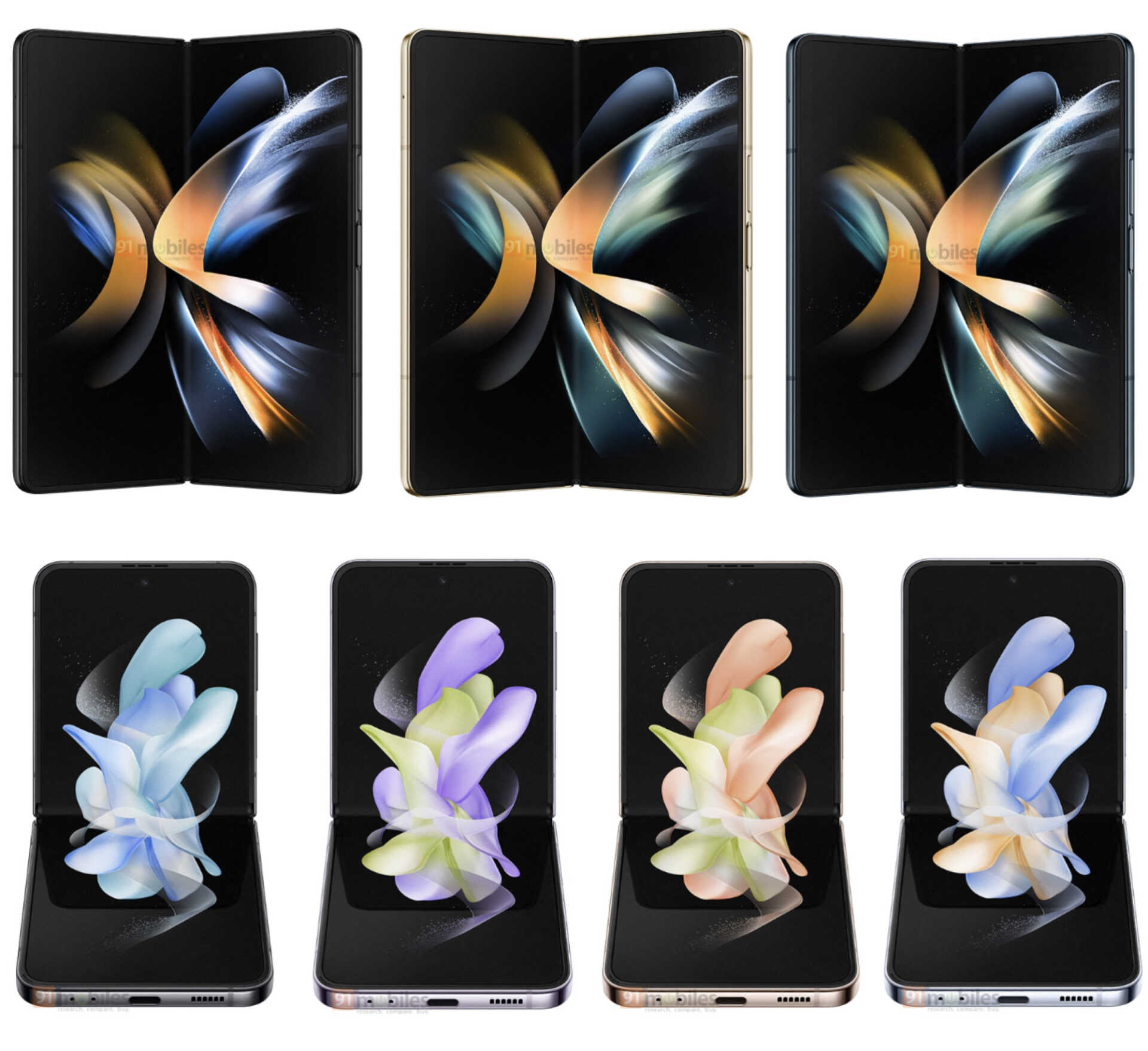The EU Commission wants mobile phones and tablets to be clearly visible at the point of purchase in the future as to how easy they are to repair and how energy-efficient they are. As can be seen from a draft law by the Brussels authorities, it could be mandatory in the future to label corresponding devices – similar to washing machines, televisions or dishwashers. A scale from green to red should show immediately how efficient the devices are. The business magazine “Business Insider” had previously reported on it.
Even more information
In addition, users can see the power consumption based on the letters “A” for particularly efficient devices and “G” for energy-intensive devices. Robustness and ease of repair would be given on a scale from “A” to “E”. It should also be clear how many hours a battery lasts until it is charged or after how many charging cycles its performance has noticeably decreased.
The EU Commission is now gathering feedback on the draft. However, it will probably take even longer before a corresponding label becomes a reality. If the draft is passed as proposed, a transition period of 18 months is envisaged. Once the Commission has passed the legal act, however, a majority of the Parliament or the EU states could theoretically raise objections within two months.
praise for suggestion
In principle, however, the chairwoman of the internal market committee, Anna Cavazzini, welcomes the proposal. “The European Commission is finally proposing an energy label with information on repairability,” said the Green politician. In her view, however, the new rules do not go far enough. “Because a real repair index must not be limited to smartphones and tablets, but must apply to all devices.” In addition, consumers must have access to spare parts and instructions.
The European consumer association Beuc praised the move: “The European Commission’s proposals contain many advantages for consumers,” says Beuc sustainability expert Isabel Lopez-Neira. These included, among other things, batteries with a longer service life, security updates for at least five years, easier dismantling and the availability of spare parts.
As early as spring, the EU Commission made fundamental proposals for environmental specifications for numerous products. In addition to mobile phones and tablets, almost all products were covered, such as clothing, backpacks and furniture. However, the EU states and the European Parliament still have to explicitly agree to this project and negotiate a compromise. With the proposals now presented, plans for a greener economy are becoming more concrete.







